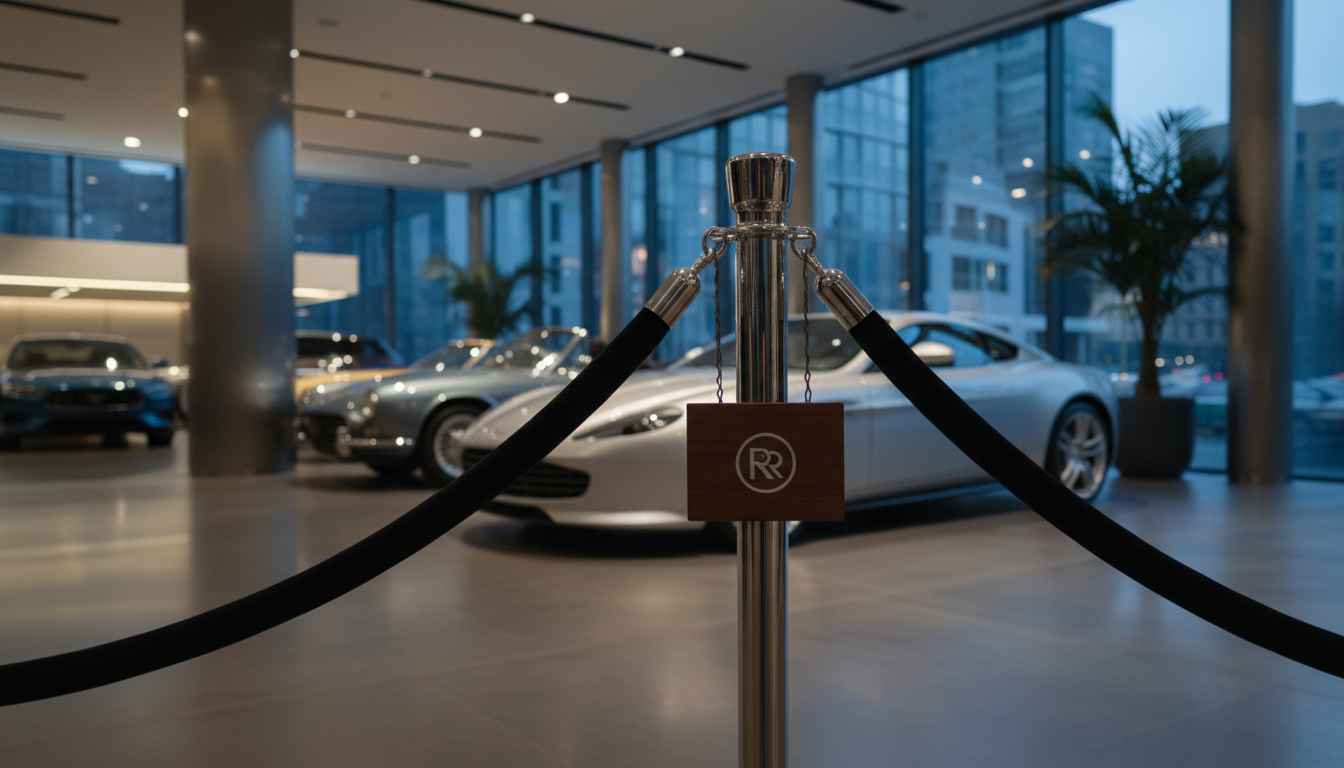Introduction
The concept of heritage is an integral facet of luxury brands. It provides a narrative that is both unique and authentic, setting a brand apart from its competitors. This heritage narrative is often woven with stories about the brand’s inception, the vision of its founders, and its evolution over time. The heritage of a brand is a potent factor that contributes significantly to the brand’s overall value, its unique identity, and its distinctiveness. It’s more than just a backstory; it’s a story that continues to evolve, shaping the brand’s future trajectory.
The Importance of Heritage
Heritage, from a branding perspective, is a luxury brand’s legacy. It is the brand’s history that shapes its identity and paves the way for its future. In the luxury market, where consumers value authenticity, heritage provides a brand with a sense of genuineness that is otherwise hard to replicate. By emphasizing tradition and history, luxury brands can create a sense of exclusivity and prestige, making them desirable to the discerning consumers. The heritage of a luxury brand is therefore not just a nod to its past, but an influential factor that shapes its present and future.
Heritage and Brand Identity
Heritage is an inextricable part of a luxury brand’s identity. It sets the brand apart from its competitors and helps in crafting a unique brand narrative. A brand’s heritage is reflected in various aspects of its identity – its logo, its product design, its marketing communications, and even in its business philosophy. This consistent reflection of heritage across all aspects of a brand helps to create a strong, cohesive, and recognizable brand identity, adding to its allure in the luxury market.
Heritage as a Marketing Tool
In the dynamic world of marketing, heritage can be used as a potent tool. Luxury brands often leverage their heritage to tell compelling, engaging stories that resonate with consumers and create a strong emotional connection. These stories, deeply rooted in the brand’s history and tradition, are frequently used in advertising campaigns, product launches, and brand events. They serve to enhance the brand’s image, increase consumer engagement, and deepen consumer loyalty.
Challenges in Maintaining Heritage
While heritage can confer significant benefits, maintaining it can also present challenges. Brands must strike a delicate balance between staying true to their heritage and evolving to meet the needs and expectations of modern consumers. This necessitates careful management and a deep understanding of the brand’s history, its core values, and its ethos. Brands must adapt to changing times while ensuring that their changes do not dilute their heritage.
The Role of Heritage in the Digital Age
In the digital age, where brands are constantly vying for consumer attention, heritage can play a significant role. With consumers having access to a wide array of brands, a brand’s heritage can be a key differentiator. It provides a sense of stability and trust in an otherwise volatile market. Luxury brands can leverage digital platforms to showcase their heritage, tell their stories, and connect with consumers on a deeper level.
Conclusion
Heritage plays a pivotal role in shaping luxury brands. It provides a unique, authentic narrative that differentiates the brand and resonates deeply with consumers. In an increasingly competitive luxury market, maintaining and leveraging this heritage is more important than ever. As brands navigate the challenges of the digital age, heritage remains a powerful tool that can help a brand stand out, connect with consumers, and maintain its position in the luxury market.


